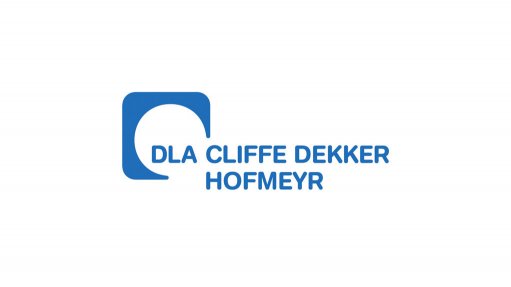
Upon perusal of the proposals contained in the Budget, it is clear that the Davis Committee had a significant impact on the policy trends and the suggestions that have been made.
Apart from the fact that the VAT rate was not increased pursuant to the suggestions of the Davis Committee, it is specifically indicated that Government will propose amendments to improve the following tax areas:
- transfer pricing;
- controlled foreign company legislation; and
- digital economy.
The Davis Committee was established in 2013 to advise the Government on future refinements to the tax system. The interim report was released towards the end of 2014 on the basis that its recommendations on changes to the turnover tax regime for micro businesses were already included.
It is indicated that the final reports of the Davis Committee will be contained in policy proposals for the 2016 Budget.
However, it is clear that the Government accepted the proposal to take steps to combat base erosion and profit shifting. This does not only relate to the way in which international tax treaties are to be implemented, but also the removal of tax credits that can be claimed in terms of section 6quat of the Income Tax Act, No 58 of 1962 (Income Tax Act) in respect of services that are sourced in South Africa. Traditionally African countries have levied withholding taxes on these types of fees even though it may not have been possible in terms of the relevant treaties. The abolition of section 6quin will now result in taxpayers having to negotiate with foreign governments in order to obtain a refund in respect of these withholding taxes on the basis that the source of the fees are in South Africa and not in the foreign country concerned.
The rules pertaining to the taxation of the digital economy also seem to have been accepted by the Government. In principle, the distinction between business to business and business to consumer transactions has been accepted. The suggestion of the Davis Committee that the South African legislation should follow the OECD recommendations has also been accepted.
One of the focus areas of the Davis Committee was to re-examine transfer-pricing documentation. Not only was it suggested that a new interpretation note should be published by the South African Revenue Service (SARS), but also that country by country reporting should be endorsed. The country by country report should require additional transactional data including interest payments, royalty payments and service fees. It was also recommended that a master file, local file and country by country reporting should be compulsory for large multi-national businesses.
One cannot disregard the influence of the Davis Committee on the Budget Proposals and trends. Anybody that ignores these proposals will do so at their own peril.
Written by Emil Brincker, director and National Tax Practice Head, Cliffe Dekker Hofmeyr